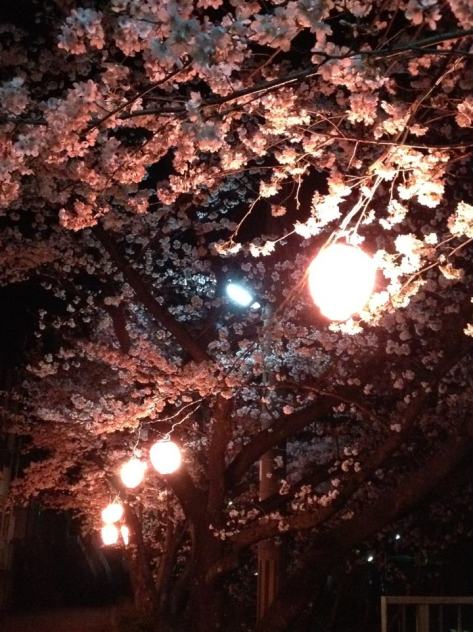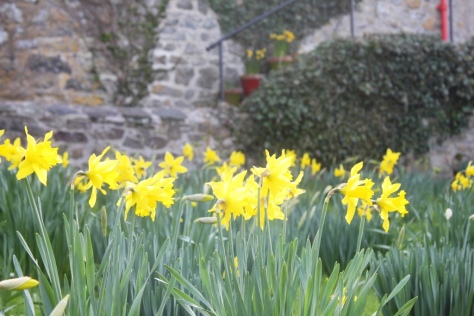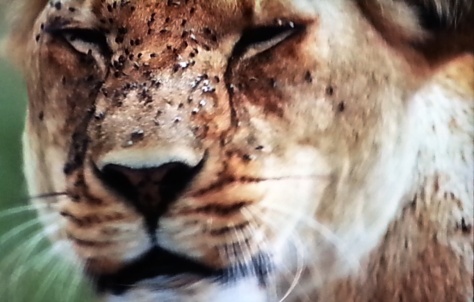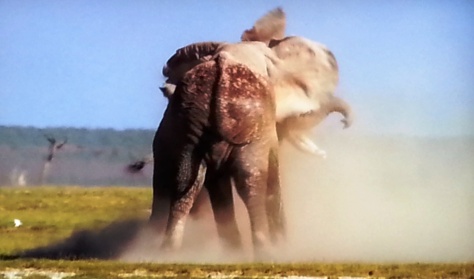“Holding onto anger is like grasping a hot coal with the intent of throwing it at someone else; you are the one who gets burned.”
–Buddha
“There are two things a person should never be angry at, what they can help, and what they cannot.”
Plato
Here’s an interesting discovery. When you google the word “anger”, it comes up with 44 million websites. The first three of these are Wikipedia, Mind.org and the Mental Health Foundation followed by various NHS (National Health Service) and counselling sites.
We ignore the perils and dangers of this most destructive emotion even though, by holding on to anger, the negative impact on our health and our wellbeing is very evident.
To pretend that anger doesn’t exist is wrong. To ignore it completely and to be permanently devoid of anger is a high aspiration – but is ignoring its existence actually going to help the people who make us angry in the first place? Does our refusal to be angry merely allow them to behave thoughtlessly – to the detriment of us as well as themselves? To push anger aside to the extent that it eats us up is wrong as well. To think that anger is never justified is also wrong.
There are times when we become angry as a defence mechanism – an instinct to protect ourselves. If someone has hurt you to the core of your being or betrayed your trust to the point of the negligent destruction of your relationship, then of course you feel anger. If someone drives dangerously with total disregard to the wellbeing of fellow road users, then anger surfaces very rapidly. Is one form of anger really more acceptable than another?
The important issue is what you do with that anger, how you express it and how you temper the anger in order to protect yourself and others. Or indeed how you prevent the anger getting into your mind in the first place.
That’s easier said than done, of course.
So how do we shift our anger into something more positive and acceptable? How do we acknowledge our anger, have time to understand it, accept it, embrace it and then remove it in order to have an amicable conclusion to a sorry situation?
Training our minds to understand the nature of destructive emotions will help. Meditation will too. A calm mind doesn’t welcome an aggressively emotive interlude. It disturbs and disables. By concentrating on the positives we will eventually learn to negate the effects of destructive emotions.
The first step might be to acknowledge our anger. Those who think they hold no anger might like to think again. Just because they don’t burst at the seams with a fiery temper doesn’t mean that anger doesn’t lie in their quiet demeanour- eating away without any means of expressing it.
We also might need to understand the anger in others as well as ourselves. We might need to be prepared for their wrath, and we should also embrace that all-important virtue of forgiveness.
Maybe then we could learn from our own mistakes. Perhaps we could consider how we could have done things differently. We have to empathise with others – and yet empathy isn’t enough. We ought to act on what we have learned through our empathetic thinking to demonstrate that we truly understand why someone has been angry, and what we can do to prevent such anger rising again.
Just as we learned to drive or ride a bicycle, we ought to try to learn how to respond to the onset of anger. We should keep on going and we keep on learning until there comes a time when situations arise and we learn to temper our anger, or work out an instinctive way of expressing anger that isn’t going to hurt ourselves or others that we care about.
As we said, it’s easier said than done, but at the very least, we might try to change our attitude and our response to anger.
Searching on the internet, we found an amusing little video called “Amicability over anger = Excellent”.
Have a look at it by clicking on this link.
http://shirkingconventions.com/2013/10/07/amicability-anger-brilliant/
If you have created something that you think is beautiful, even if the beauty is in the eye of the beholder (or the creator alone), and someone else takes that from you, then you will probably feel some anger. You have a choice. You can rant and rave, damage the person or their property, or you can quietly and calmly explain why you want your thing of beauty back. Of course, this works most effectively if the “thief” accepts their part – if they acknowledge that they did wrong, even if there were perfectly valid or laudable reasons for doing so.
Anger to amiability – easy when you know how!
“Only he who desires is amiable and not he who is satiated.”
Thomas Mann
“Do you have the patience to wait
Till your mud settles and the water is clear?
Can you remain unmoving
Till the right action arises by itself?”
Lao Tzu
…………………………………………
For further reading
http://www.mentalhealth.org.uk/help-information/mental-health-a-z/A/anger/
http://www.mind.org.uk/information-support/types-of-mental-health-problems/anger/#.UsVsZLQbLkZ
http://www.nhs.uk/Conditions/stress-anxiety-depression/Pages/controlling-anger.aspx
http://en.wikipedia.org/wiki/Anger
https://www.vocabulary.com/articles/chooseyourwords/amicable-amiable/
CB











































































